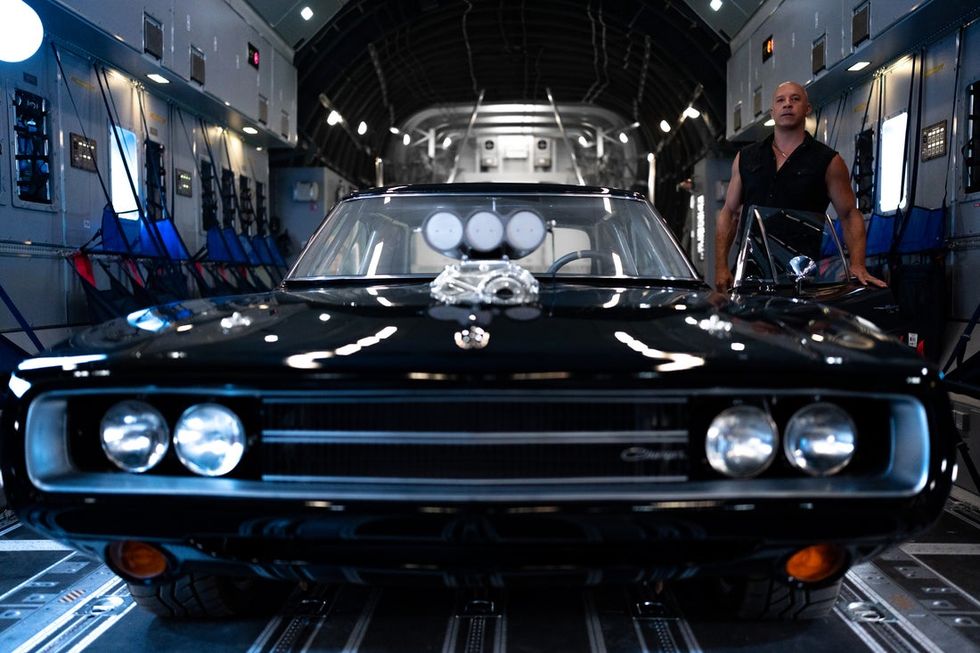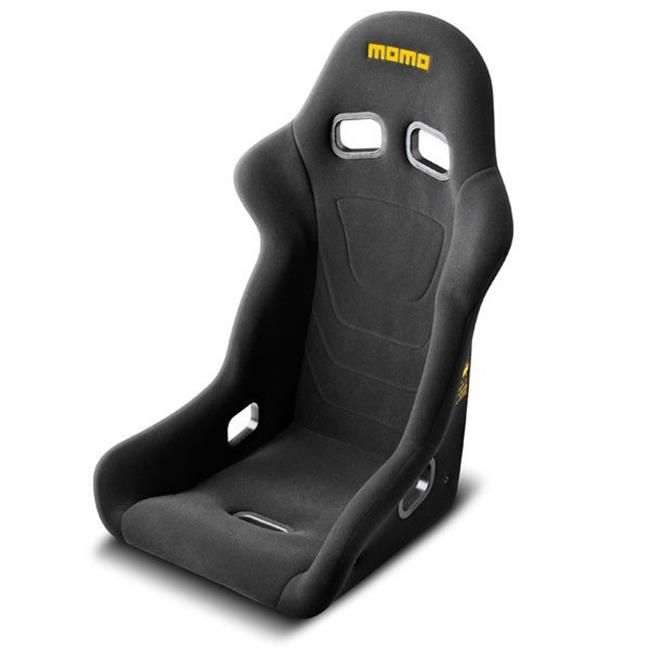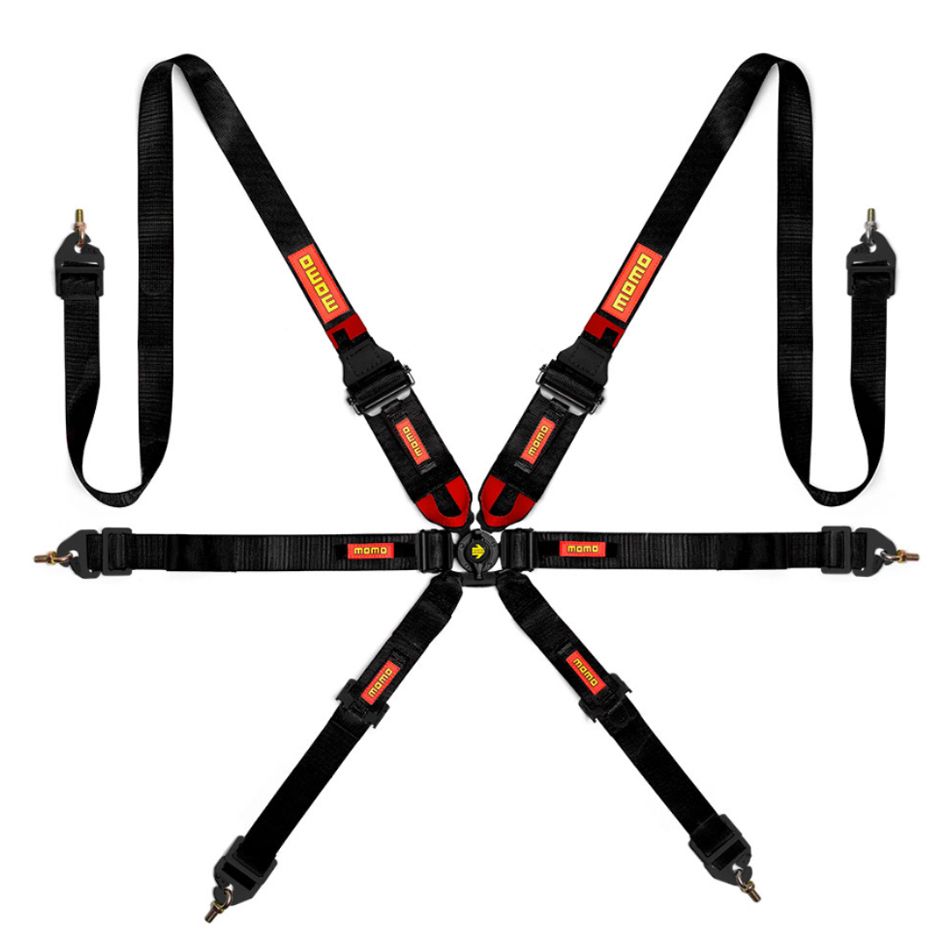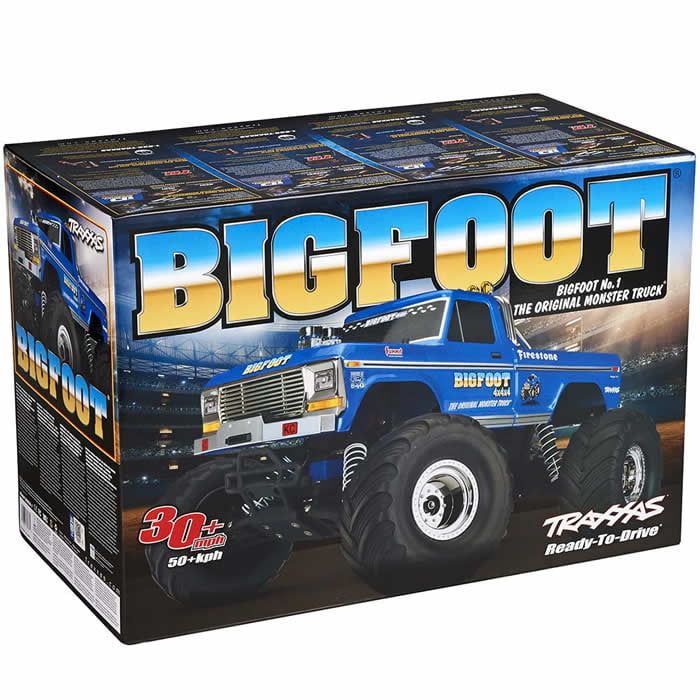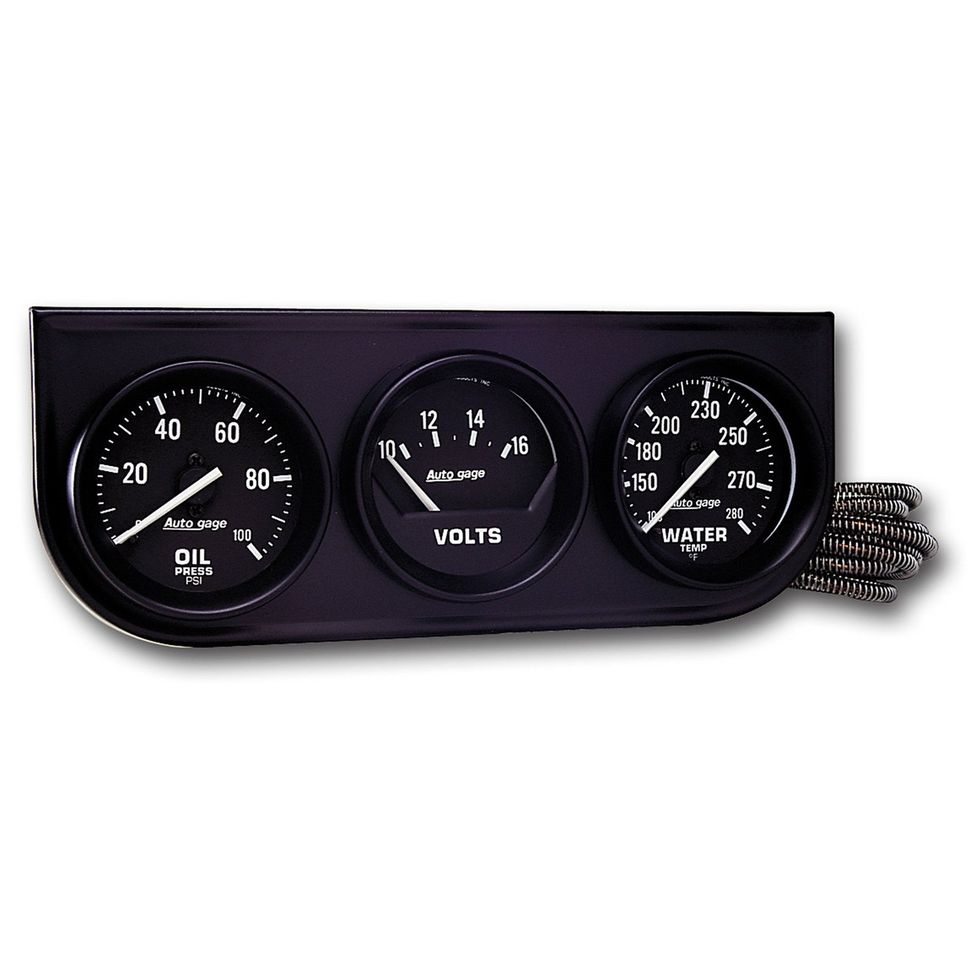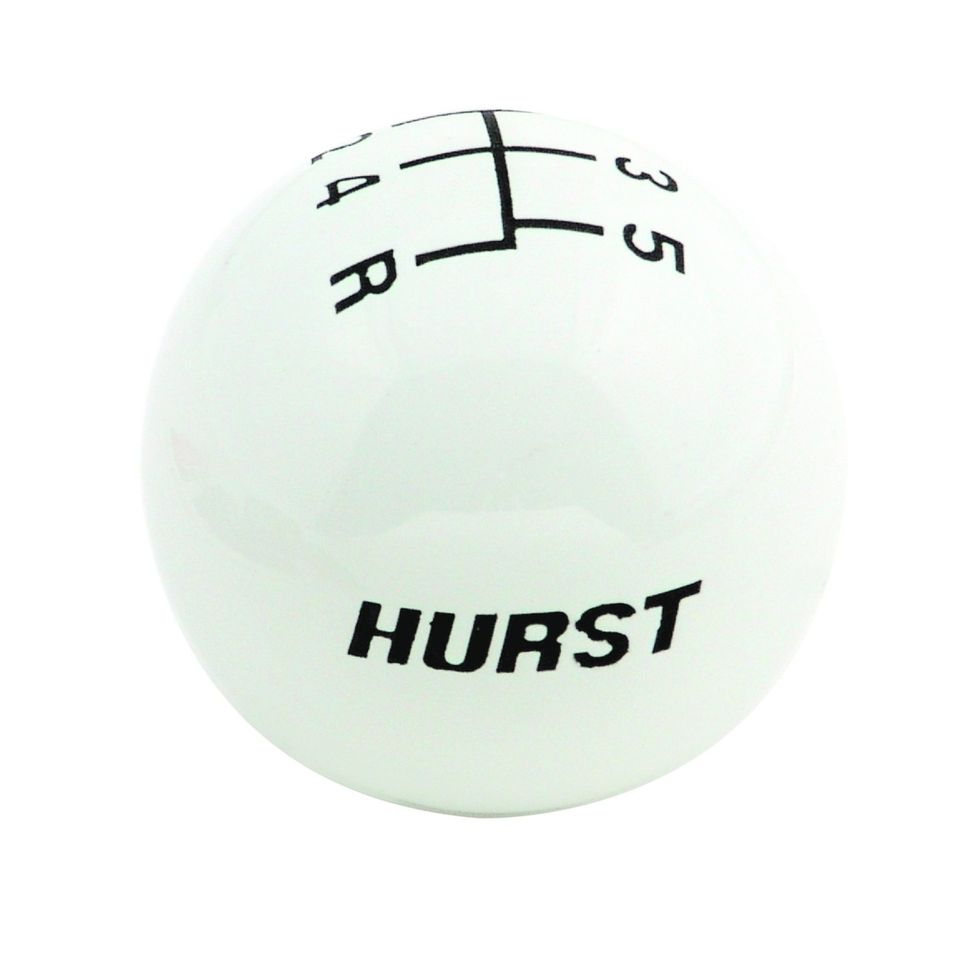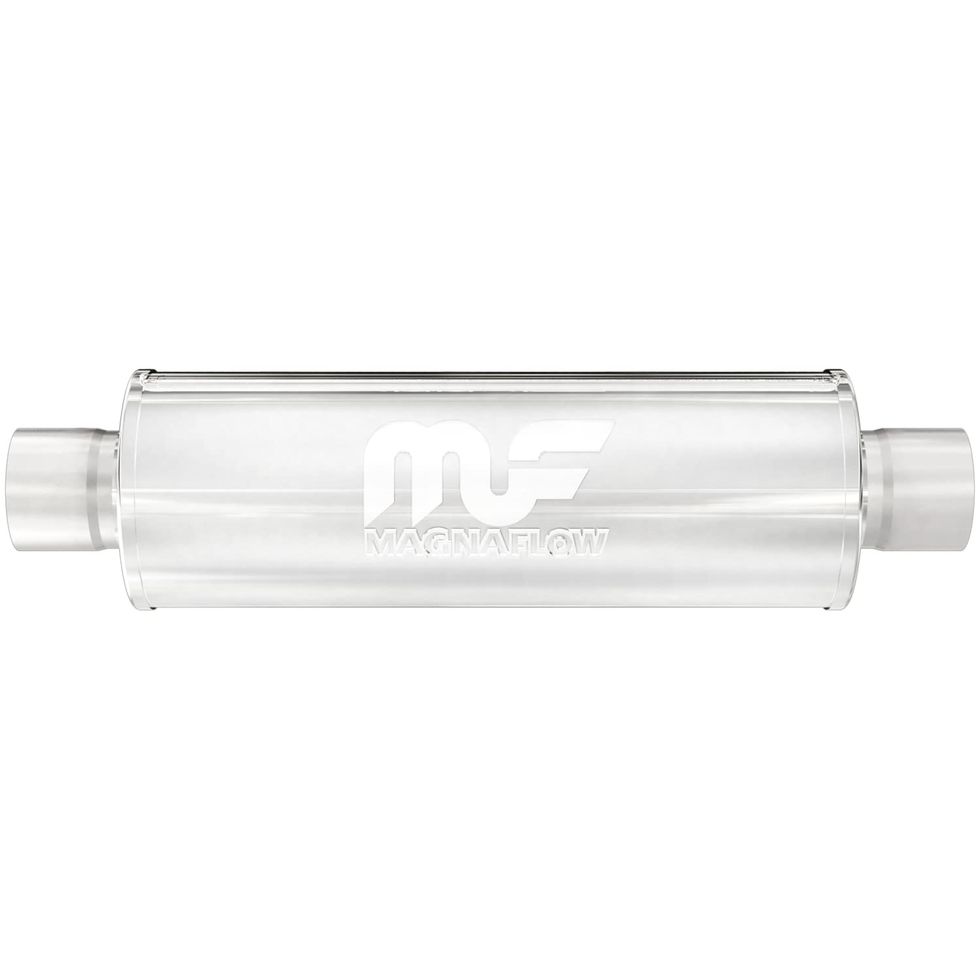If you weren’t aware (if so, get out from under that rock, please) there’s a new Fast & Furious movie on the way. Fast X will be the first part of the final installment and the eleventh film in the franchise. While some may roll their eyes at another sequel of the street racing, world-saving, action-heist flick, we here at Road & Track are stoked.
The Fast & Furious universe has been tremendously influential to an entire generation of gearheads, as well as to the automotive industry on the whole.
The franchise has been pivotal in casting people of color and women in leading roles, particularly within the car world, opening the door for a more diverse group of enthusiasts. Not only do the movies rank among some of the best automotive films of all time, but the franchise has also become one of the most successful in Hollywood history.
Perhaps no industry has benefited from the success of a film franchise like the automotive aftermarket. Following the launch of the first film, there was somewhat of a boom, as the tuner subculture emerged into the mainstream, and “NOS” entered the popular vernacular.
With this in mind, we wanted to talk to the person responsible for sourcing and preparing the vehicles for Fast X. Though the stunts and fight sequences have reached Mission: Impossible level, we are here for the cars. Enter Dennis McCarthy, the Picture Car Coordinator (the person responsible for deciding what cars we see on screen) for the franchise since 2006’s The Fast and The Furious: Tokyo Drift. We sat down with Dennis and picked his brain about his process, some of his favorite modifications and upgrades, and of course, his own cars.
Car and Driver: So you joined the franchise around 2 Fast 2 Furious?
Dennis: Yeah, I came at the end of that to prep some cars and move them to different events. And then the same person who brought me on for that asked me about the sport of drifting which, at that point, I did not realize was going to be tied to another Fast & Furious movie. That’s when I really started building and sourcing vehicles for the franchise.
How do you decide what you want to do in terms of modifications? Do you have any go-to bits and pieces to swap around?
My go-to on a newer car would be probably lowering the suspension a little bit, bigger wheels and tires, maybe some tinted windows. Nothing extreme. One of the things I like to do is give the car a manual transmission. Obviously, we’re not gonna convert every car, but we have done a few of them. So that’s always a cool modification. In my opinion, cinematically, it’s just much more exciting to watch someone shifting gears than putting the car into drive.
In Fast X, the Charger Hellcat that Dom drives has a set of bucket seats in the front. How did you decide that car needed that, and do you have a brand you like for that kind of stuff?
It’s those subtle touches that make the car look above and beyond what you would roll out of the Dodge dealer with. In that case, I used Momo seats. No particular reason why, other than they were in stock. But we use Momo, Recaro, Sparco, and a company called Racetech. There’s no real go-to. But the Momo’s a great seat. They look great in the car, and, in the world of Fast & Furious, it’s great because we can actually just move that modification from the stunt car right into the hero car—unlike a typical movie that’s maybe not about cars, where the stunt car is completely different on the inside than what you see on film. It works story-wise, and it works safety-wise.
That Charger also had some harnesses in there, no?
Dennis: It had harnesses, and it had a steering wheel. The harnesses were from Momo as well. Same backstory. It just gives more of a race-car look to it. Dom’s actually on a mission here; he’s not just out cruising around the streets of Rome, right? He’s here for a purpose. I think it gives a car a more serious note.
Another car that stood out was the Fox-body Mustang that John Cena drives. What sort of rack did you use on that?
Yeah, I thought that was very cool. The roof rack I can’t take credit for. We basically built that entire car, but that roof rack was actually provided by the props department. There are certain things, like if a police car needs a police radio, the props department steps in with a radio. If the car has a rack on the top with a canoe, that would be props. I can’t remember the exact brand name of the rack, but we did source that off Amazon, I believe. It was very simple, it worked great.
When I was a kid, probably in my early twenties, the first new car I ever bought was a 1992 Mustang LX, pretty much exactly like that but in black. Unfortunately, it was stolen. I love those cars and I have one now, a black ’93 LX. They’re fun to drive.
There’s a scene with a gang of kitted-out Toyota FJ Cruisers. What was done to those?
In that scene, story-wise, everybody’s coming after ’em. The whole world’s converging on Dom and Jakob. So those cars were actually chosen by our production designer. We have makeshift BMW M5s, the FJs, and Mini Coopers. So the mods were just kind of what we consider appropriate for a background villain car. So it was more or less wheels, tires, brush guards—something to make them look a little bit more menacing.
The RC car they used toward the beginning of the film, did you have anything to do with that?
Dennis: I wish it was me because I love RC cars. I have three boys who have had RC cars since they were five years old. I didn’t ever see that car in person, but it looked like a Traxxas to me. Those things have come a long way, and if I’d had chosen it, it would’ve been Traxxas, just because those things are pretty much bulletproof.
Where do you source the more unique cars from? Like, if you need, say, a ’68 Charger, where do you go to find that?
Those Chargers are pretty damn scarce. Over the years, we’ve slowly been able to build a Charger mostly from all aftermarket parts; we still have not succeeded a hundred percent. So we’re starting with a carcass of a Charger, but it’s really just for like the front A-pillar door jambs, some inner trunk pieces, just very minimal stuff. But the whole car is basically aftermarket: body, chassis, everything from top to bottom.
What are some of the brands you would use to build something like that?
So on this last one, a buddy of mine, Dave Salvaggio, provided us with the chassis and the carbon-fiber bodies. And then those chassis utilize Detroit Speed suspension components as far as uprights, A-arms, rear wing kits, and everything else. There are Brembo brakes on those cars. Brembo’s been working with us for many of these movies, and they basically have a built-to-our-spec brake kit: six pistons in front, four pistons in the rear. The rear has a double mount for two calipers. You have an independent slide brake system.
If I need like a specialty wheel, we have a great relationship with HRE. They will basically build a wheel to my specs, which is great. It seems like in the old days, you could buy wheels in multiple different offsets, and today, that seems to be a thing of the past. But HRE is still one of those companies that will build to order. And Autometer gauges, that’s a big one we go to.
How about suspension?
I don’t really have a specific brand because shocks are typically something that would be provided with a suspension kit. But I mean, Bilstein, Koni. If it’s off-road, it’s gonna be KING or Fox. And I obviously like to use coil-overs. They give us the adjustability since we’re frequently setting up a car so that it looks right. So coil-overs are always key.
Bottom line, it’s gotta be something that’s quality; you know, no junk. There’s a lot of stuff out there, I’m sure you know, that’s pure garbage. So I avoid that.
Very nice.
Steering is important, and it’s a very fast ratio. We basically put as much steering angle as we can in the car to where the tires hit the chassis to help the stunt department slide, drift, and recover when they’re way out there. So, yeah, it’s a very modern chassis. All the elements of the chassis front and back are modern, not old-school Chrysler.
You mentioned you have a Mustang. Do you have any other cars at the moment?
I have a serious problem with cars. I have so many cars. We’d be here like another hour! But I have a pretty good assortment of hot rods.
If you’re modifying your own cars, what are your go-to brands?
My favorite exhaust company in the world would be MagnaFlow. They have also supported this franchise for years. My buddy Rich over at MagnaFlow has built all sorts of stuff for us. Like, if you saw the last film, the mid-engine charger, you know, where the headers were completely exposed. They have unbelievable technology and he just shows up within a few weeks with eight sets of brand-new headers in a box.
The franchise is well known for lots of gear changing. Let’s talk shift knobs.
It’s funny because sometimes a lot of effort goes into that, but you never actually see them. When it comes to Dom’s car, I always try to do something cool. It’ll have some sort of a nitrous button incorporated into it.
The last one I went with is cool. I can’t remember the brand name, but it was a carbon-fiber pistol grip just to kind of tie together that whole, old-school Mopar muscle-car thing. As far as my personal tastes, I like the old classic Hurst ball. You know, the white ball?
On Jacob’s El Camino, we did a very cool piece, I think it might have been the Roadster Shop; they have a billet knob that’s drilled in different directions. Very cool looking. It’s just something to kind of give a high-tech styling cue to an old beater El Camino. Just something so the audience can go, “Hey, maybe there’s more to this car.” There is always thought that goes behind it. But, you know, it doesn’t always make it to the final cut.
Fast X is now out in theaters. Score your tickets here.
Assistant Commerce Editor
Justin Helton is an avid automobile collector and gearhead from New York City.
Read the full article here



